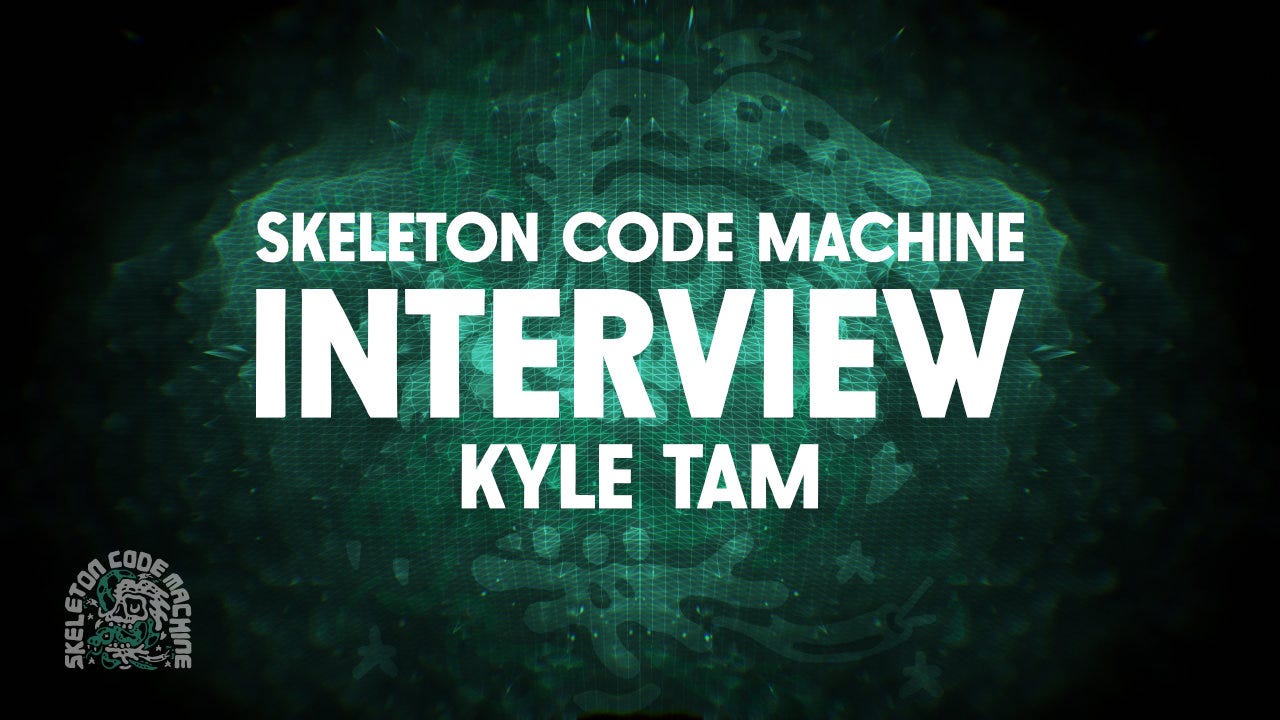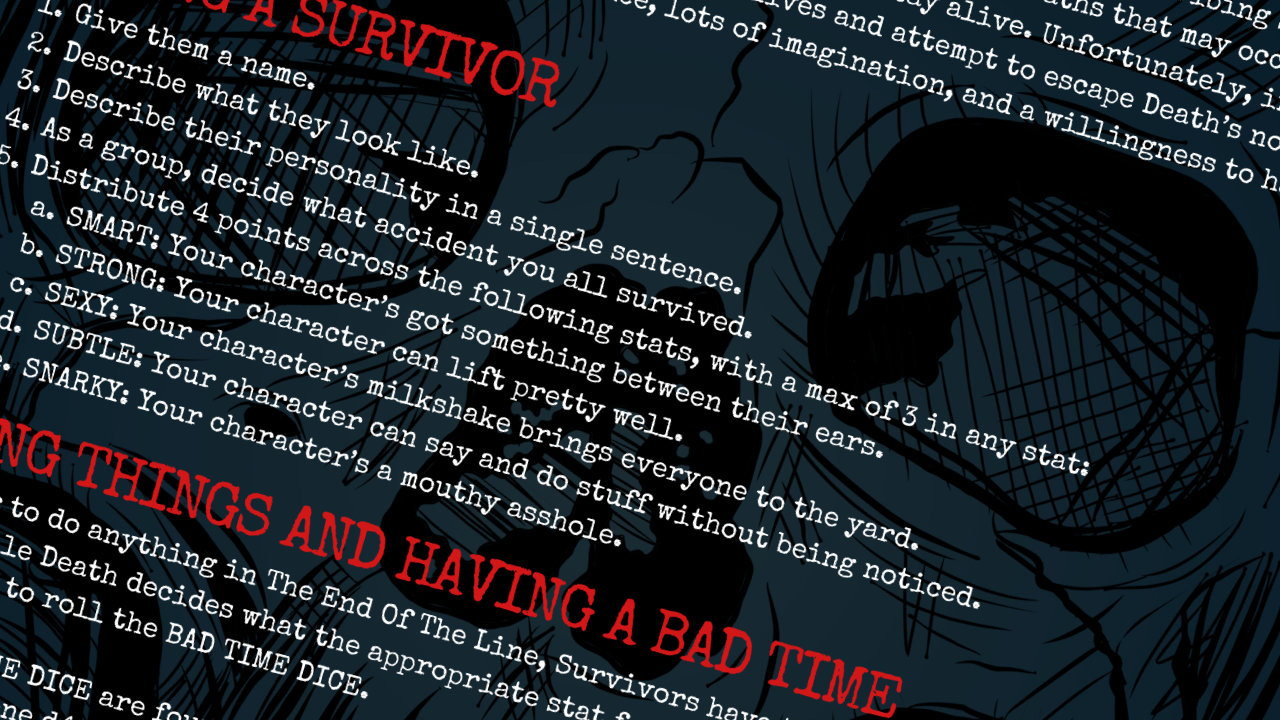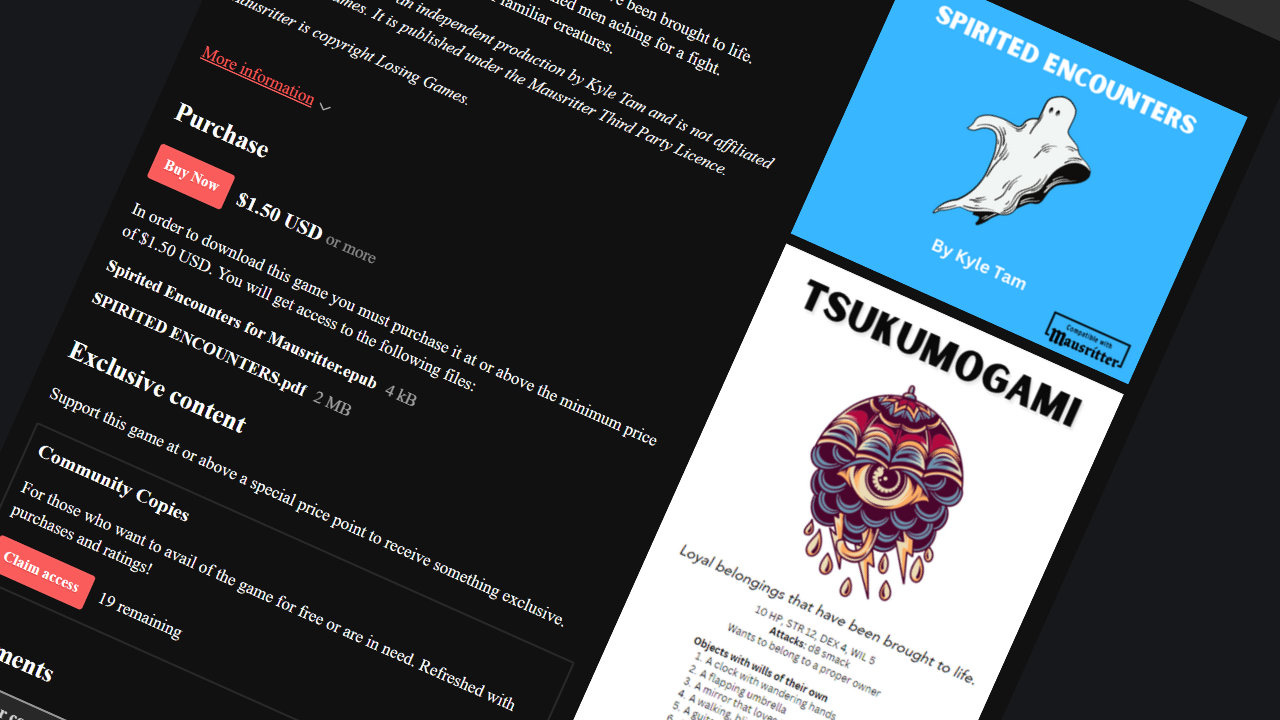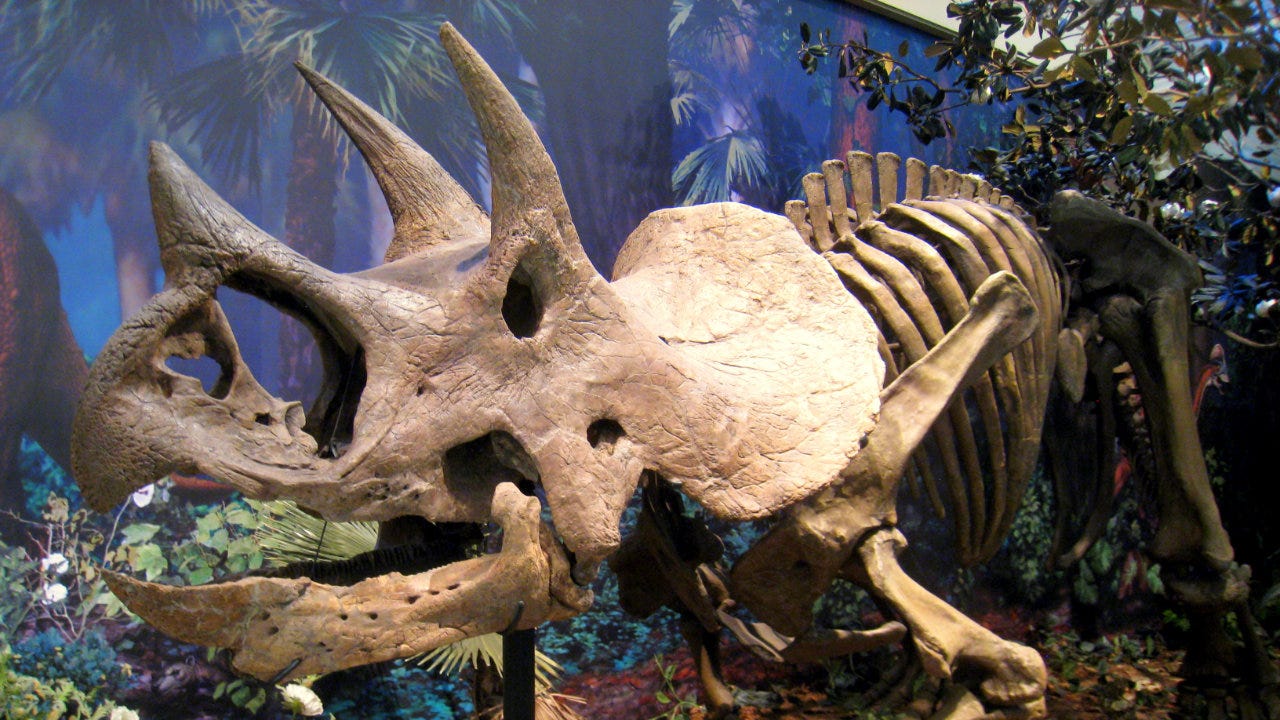Interview: Kyle Tam (Urania Games)
End of the Line, deck building, tarot, and death in games
Welcome to Skeleton Code Machine, a weekly publication that explores tabletop game mechanisms. Spark your creativity as a game designer or enthusiast, and think differently about how games work. Check out Dungeon Dice and 8 Kinds of Fun to get started!
I’ve had the opportunity to have conversations with really interesting people about their game designs, including Peter Eijk, Spencer Campbell, M. Allen Hall, and Spring Villager. Each interview provided new insights on how to think about games.
This week we return to the Skeleton Code Machine Interview Series with another conversation. Kyle Tam is the designer behind Urania Games, with titles such as Hit the Road, Jack and End of the Line.
We talked about game mechanisms, influences, and of course… dinosaurs. I hope you enjoy it!
Thank you so much for taking the time to talk!
Let’s start with a little bit about you and your background. Tell me about how you ended up making games!
I got started by joining the Artefact Game Jam.
I had been writing short stories and felt like doing something different, so ended up writing Beloved - a solo journaling game about being a toy passed from child to child. I think that melancholy has passed into a lot of the games I make, though I also like to make fun/silly games for my own amusement.
For your information I’m a developer from the Philippines, and it does color some of my games (though not to the extent of some of my co creators from RPGSEA).
Was Beloved your first game that you published or shared?
It was my very first game, and so in that way it’s very special to me. In some places its writing is a bit amateur and not as smooth maybe as what I’d do now, but some of the comments I’ve received for it make me feel very warm and fuzzy inside.
Influences on design can come from all sorts of places. Are there any particular games that you feel have influenced your designs?
I think I take less influence from games and more from things I watch and listen, at least thematically!
MORIAH came from a Vocaloid song and Abrahamic influences and End of the Line was based on Final Destination!
But what I tend to take from games is just the emotional beats - the sense of wistful longing or sacrifice but you must endure. Like, I really adore The World Ends With You because of how much it thematically resonates and shows you the true openness of its world, and I want my games to have that weight!
Do you have any favorite tabletop game mechanisms?
Deck building and tarot! I love deck building games. They have such a strong intentionality.
Every move is deliberate, even with the randomness! And I want in my games, even if there is randomness there is a method to the madness — you know why it’s random and you can manipulate that luck. My favorite deck builder is probably Hero Realms - I know those cards and its combos inside and out. But even so, it has given me so much entertainment.
As for tarot, this started with Persona 3. The character and story behind each of the arcana, the truth and meaning - it ties back to that thing of games with resonant themes. Tarot is a great way of introducing intention.
What is End of the Line and why is it awesome?
So End of the Line is a Bad Time Game! It’s basically Final Destination where you have fortuitously survived an incident, but Death has come to collect! The more you fail, the worse your luck gets, and either you sacrifice someone for the cause or lose your life!
So - you roll 4D4, subtracting a D4 for each point you have in a stat. Roll under 8, it’s a pass. Roll over 8, you fail and add to the Bad Time Modifier! So now you roll your dice plus the bad time mod.
Roll a total 16 or over? You die! Dun dun DUN!
Each character has five stats: Smart, Strong, Sexy, Subtle, and Snarky.
What games or systems inspired your design of the stats?
Oh, this was inspired a bit by Little Fears! In Little Fears you write descriptors of your characters, and those become your statistics. So I wanted to use stats that exemplify your personality, your horror archetype!
One of my fave horror games to run, because its character creation is so creative and involved and it evokes such strong emotions IMO.
If you had to pick one thing that made the character creation so compelling, what would it be?
Really that element of what you write is your stat.
Say you write “I’m good at making speeches.” That’s a thing you’re good at and mechanically rewarded for, and it adds character to your character! Then for a weakness you say “I’m scared of the dark.” This is great for a GM who can then work it into the scenario, and has a mechanical drawback.
The core mechanism is the Bad Time Dice and Bad Time Mod. Can you explain how they work?
So with the Bad Time Mod, when you roll a failure, you add to the Bad Time Mod. It gets added to every subsequent roll anyone makes from now on, making it harder and harder to do things.
It’s punishing, but so is Final Destination. Bad stuff happens for no reason!
What was your design motivation in making success very difficult?
So for me I wanted to make a funny game. This was a game you could theoretically win, but I wanted it to be more like a Paranoia or Goblin Quest. It’s a silly game, and the difficulty adds to the silliness.
Don’t be mad - laugh at the ridiculousness!
The game has two phases which we will call Doing Stuff and Getting Stuff Done. Can you explain how those work?
So the difference is in the first phase, you live your mundane life. In Final Destination, this is when people die. Suntanning, doing gymnastics, mowing a lawn - you’re trying to survive the mundanity of daily life. But Getting Stuff Done is about reclaiming your life, doing a ritual in the hopes of staying alive - putting a bit of power in your hands.
It’s a tough game, and death can show up. Can you explain how players still get to be part of the action even if dead?
So when you die, you become a Ghost and get to interfere in the actions of the survivors! Being an annoying little pest and dragging everyone else down with you. It’s adversarial but always meant in fun. And the game ends two ways - either you get all the [stuff] you needed done, or else everybody dies!
There are two other editions of End of the Line available: Slasher Edition and True Crime Edition.
What makes those editions different and what do they change?
So Slasher is more forgiving and makes the Bad Time Mod individual, but now makes the GM an active villain as the slasher! And True Crime is more about finding clues and putting pieces together, with the penalty not being death but humiliation!
They’re more of a reframing with adjustments, rather than extreme differences.
You recently released Spirited Encounters. Can you give a quick description of that?
So Spirited Encounters is just a quick little bestiary of supernatural/folklore creatures for Mausritter! It’s a nice change of pace to do bestiaries vs. full games, adventures, or character classes
What’s your next game or system that you are working on? Where can people find you and your work online?
So my next game is going to be Reve du Mode, a quick game/art exercise for the singular player about running a clothing store. I hope to release/have released in time for the Fashion Dreamer video game!
You can find me on Twitter and Bluesky at PercyPropa, and on Facebook and IG as Urania Games. Get my games on Itch at Urania Games, and DriveThruRPG under Kyle Tam!
Most important question: What’s your favorite dinosaur?
Oh my word. Uh… honestly, partial to the Triceratops! The one from The Land Before Time was a little sweetie!
Thanks again to Kyle for taking the time to talk, and see you next week!
— E.P. 💀
P.S. Are you signed up for Exeunt Omnes? You should be!
Skeleton Code Machine is a production of Exeunt Press. If you want to see what else is happening at Exeunt Press, check out the Exeunt Omnes newsletter.






